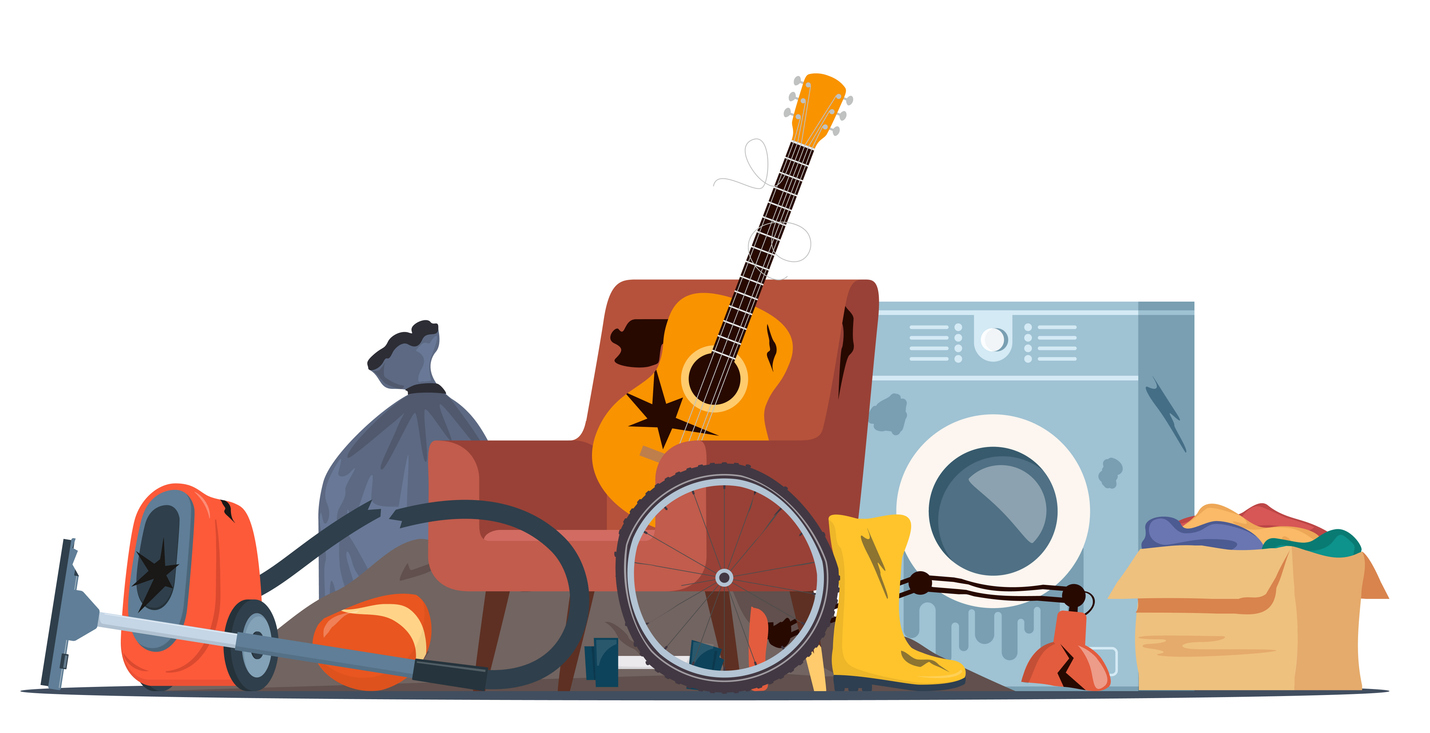Waste collectors could support the entire higher education system in Budapest

In Budapest, around 700 car-owning entrepreneur, mostly from Roma backgrounds, and their teams of close family and friends work on a single waste collection, an estimated 3-5,000 people in total, according to calculations by Corvinus University researchers Tim Gittins and László Letenyei. If the families of the people who benefit from the sale of the waste are added to this, the researchers estimate that a waste collection operation could provide additional income for a total of 18-35,000 socially disadvantaged people.
Although waste collection is officially considered a criminal offence and is perceived as a low-prestige activity by a section of society, it is an important source of additional income for the participants and their families, which goes directly to the most vulnerable groups in society.
Without waste collection, we could easily be swamped by rubbish
According to the researchers’ calculations, the manual sorting of rubbish results in the recovery and recycling of thousands of tonnes of waste per year. The researchers write about this in a book chapter published in April this year in Trash or Treasure – Entrepreneurial Opportunities in Waste Management, and make the important point that landfill also contributes significantly to sustainability goals and the circular economy.
“Metal is the most valuable waste collected from a waste collection operation. The revenue from scrap metal collected by iron yards is of the same order of magnitude as the balance sheet total of higher education institutions in Budapest,” said László Letenyei, a researcher at Corvinus.
In addition to scrapyards and iron yards, flea markets are the main areas for the sale of scrap. Interviews with groups of scrap metal entrepreneurs also revealed that most of the materials that cannot be sold for money are used in their own households, for example, used clothes are given to family members, wood is burned as winter fuel.
This is how the waste collection business works
Informal businesses set up to dispose of rubbish are organised and headed by a man, usually an older man with a car, who mainly recruits members from the family. Usually the driver organises and manages the process, and mobile phones and the internet are used to plan the route. Often, older members of the group will guard the more valuable waste that has been put out until the van arrives. Younger members of the informal businesses do the physical part of the process, sorting out the rubbish and putting it on the van. The researchers’ study also shows that some entrepreneurs are willing to travel up to 50 km to collect rubbish in a district of the capital, and will even spend the night in their car if necessary.
The researchers argue in their study that, although waste collection is a grey-zone activity, it has a significant social added value and contributes to the efficient functioning of the circular economy.